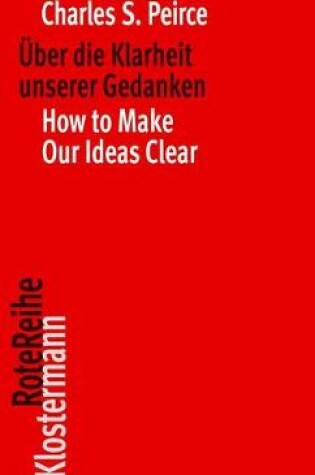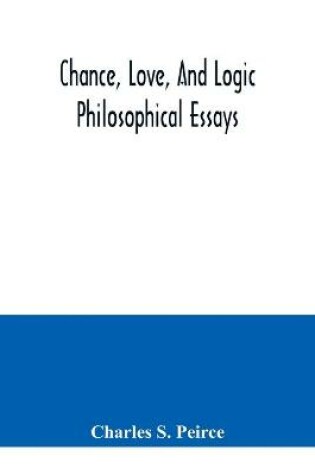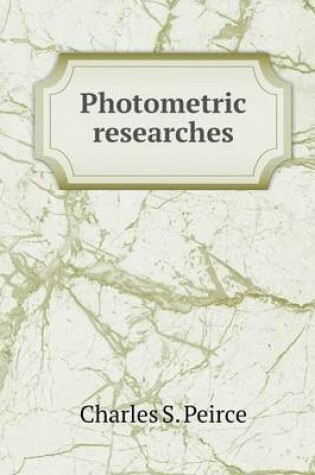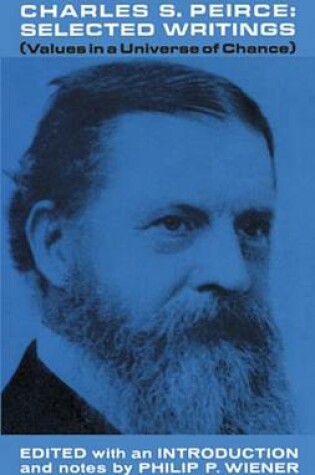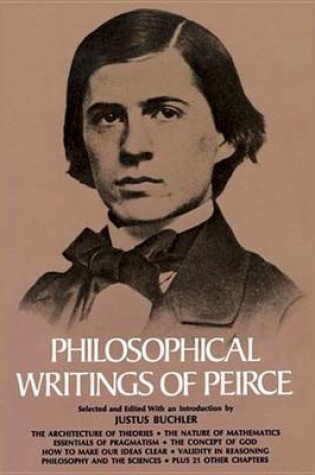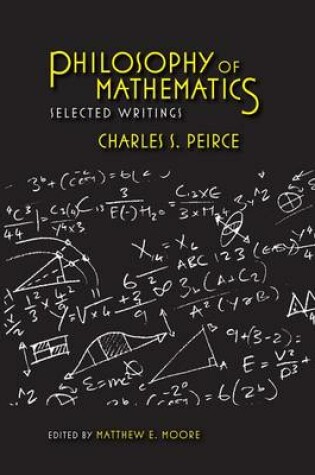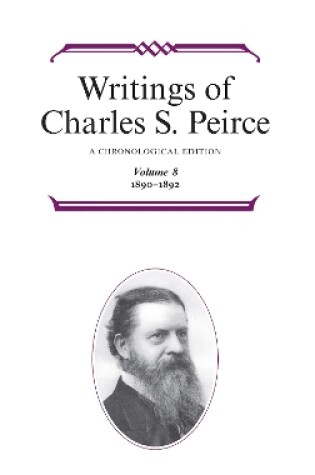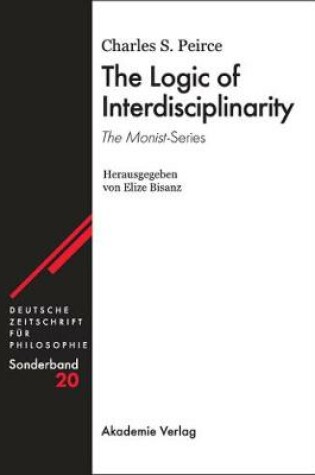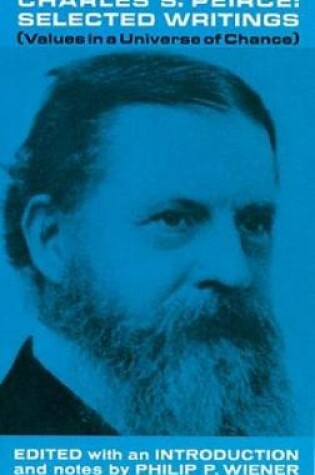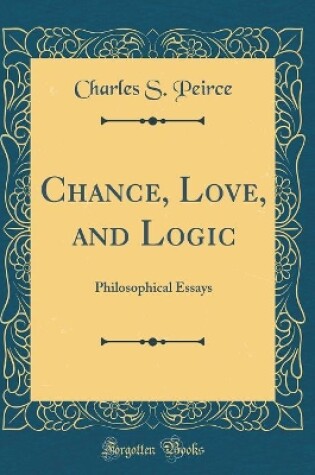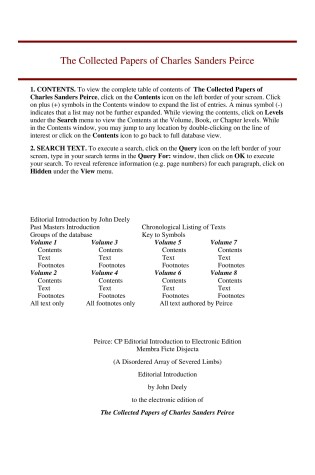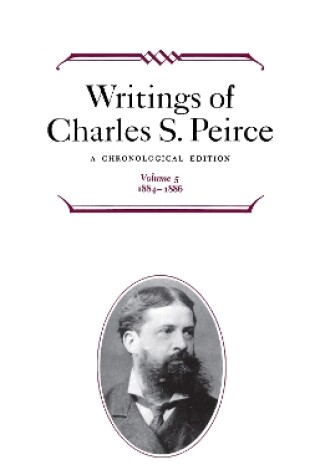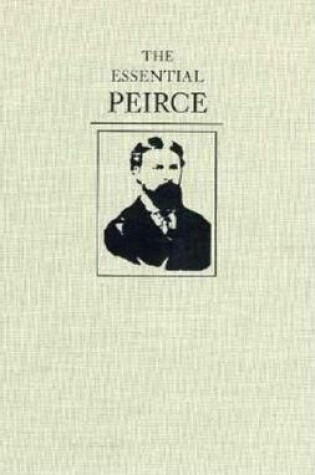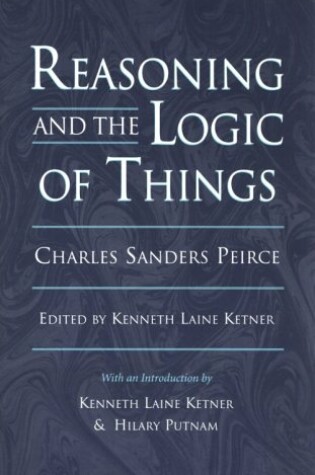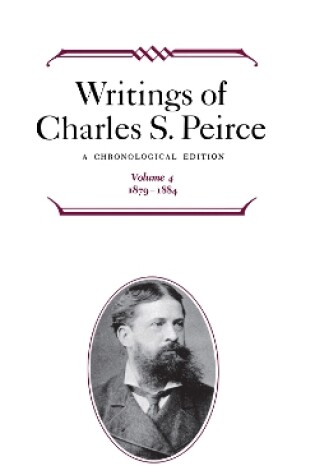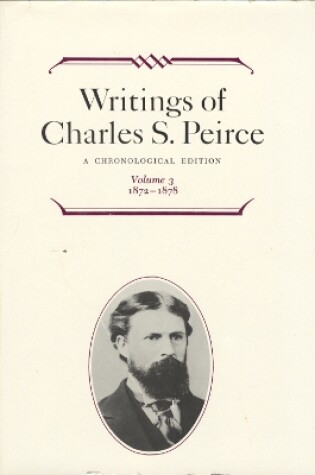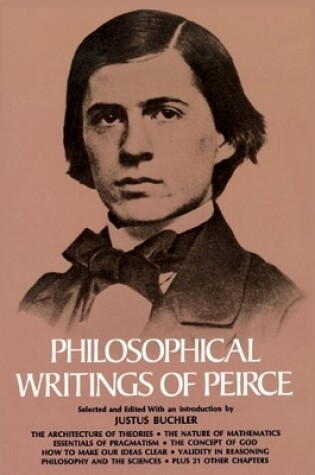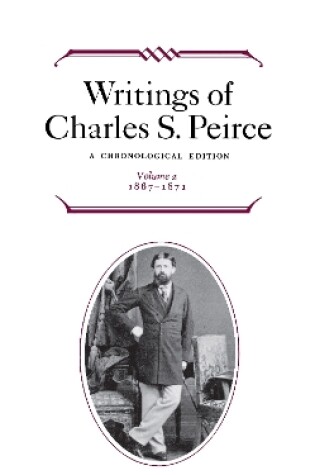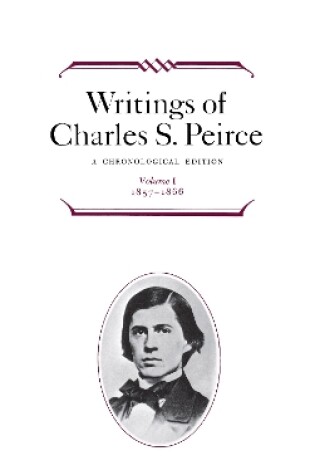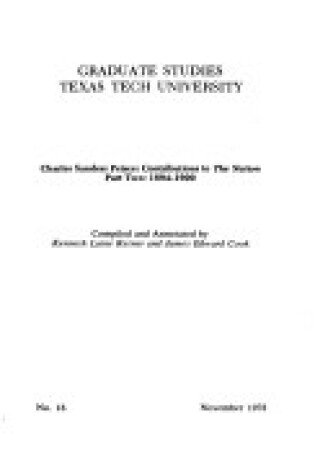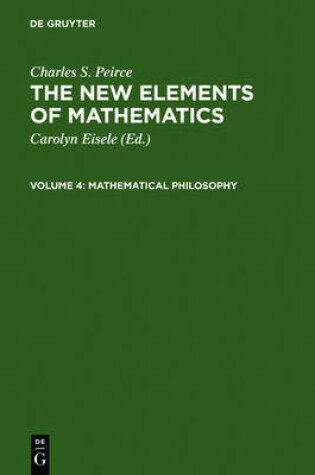Charles Sanders Peirce was born and raised in Cambridge, Massachusetts. He was the son Benjamin Peirce, a professor of astronomy and mathematics at Harvard University. At age 12, he read Richard Whately's Elements of Logic, and became fascinated with logic and reasoning. He received B.A. and M.A. degrees from Harvard. In 1863, the Lawrence Scientific School awarded him its first B.Sc. in chemistry.
Between 1859 and 1891, Peirce was intermittently employed by the United States Coast Survey, which exempted him from serving in the Civil War. From 1869-1872 he worked as an Assistant in Harvard's astronomical observatory. In 1876 he was elected a member of the National Academy of Sciences. In 1879, he became lecturer in logic at Johns Hopkins University. During the 1880s, he wrote hundreds of logic, philosophy, and science entries for the Century Dictionary. In 1883 he published "Studies in Logic" which containing his own work as well as works by his graduate students. That same year he married his second wife, but information that he had travelled with her while unmarried led to his dismissal from Johns Hopkins University. In 1891 he resigned from the Coast Survey, and never again held regular employment.
In 1887 Peirce spent part of his inheritance on 2,000 acres of land near Milford, Pennsylvania, where he had a large house built. The Peirces named the estate "Arisbe" and lived there for the rest of their lives. Living beyond their means at Arisbe sent the Peirces into debt, from which his brother and neighbours eventually rescued them. During this time, Peirce wrote prolifically, though much of his work remained unpublished. His friend William James arranging for him to give two two series of lectures at or near Harvard in 1898 and 1903. James also asked his own friends to contribute financially to support Peirce. In 1914, Peirce died destitute in Milford, Pennsylvania.
